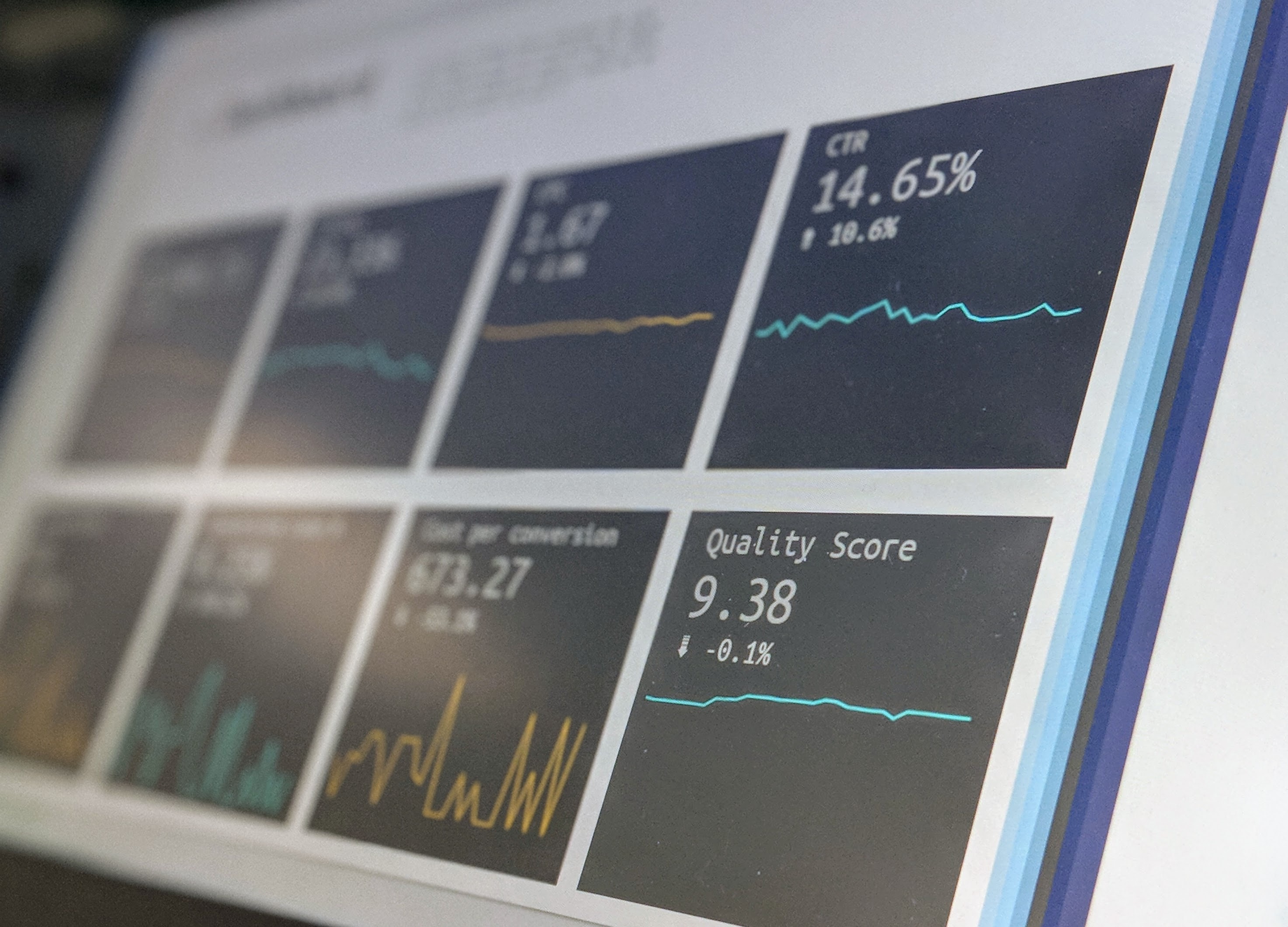If there’s been a bigger tech disruptor than Artificial Intelligence (AI) over recent years, we can’t think of it.
AI makes it possible for machines to learn from experiences, adjust to new inputs and perform human-esque tasks. As a result, its reach to affect all sectors and areas of industry is of the scale.
One area which has felt the strong robotic grasp of AI is banking and fintech. Its technology has heavily transformed the way we handle money, conduct our financial affairs and is only set to further revolutionise financial services.
As consumers in 2021 so used are we to AI, that we probably don’t acknowledge the countless ways it is used behind the scenes by businesses, banks, and financial services providers.
In this post, we look at the ways in which AI is set to continue to service banking and the wider financial industry. From security to customer experience, AI is the future of financial services, and the best is yet to come.

Robo-advisors.
The value that robo-advisors bring in personalised portfolio management and product recommendations is highly sought after.
The world of investing has garnered more interest than ever before in the wake of the pandemic.
Because of pandemic-induced stimulation packages, a pool of funds that retail investors could start investing in stocks has materialised. According to a Fidelity report, there were 26M retail accounts in 2020. This was up 17% compared to 2019 while the daily trading volume doubled.
The popularity of AI investment robo-advisors has grown rapidly over 2021, with the latest solutions having the ability to recommend opportunities based on income, current investment habits, risk appetite, and many more metrics.
The coming years will see a move away from questionnaire-based solutions. In its place will be dedicated fund and portfolio management, algorithmic rebalancing, and proposals.

Fraud detection.
Fraud is a persistent and damaging problem; however, the emergence of AI has meant that financial institutions now can place predictive analytics into their fraud detection workflows, significantly reducing the instances of false positives.
There is a vast array of analytical tools driven by AI to help collect and analyse data thus learning and monitoring the user’s behaviour patterns. This information can then be used to identify any signs of fraudulent activity.
Personalised credit scores.
These days many fintech organisations and financial institutions distribute loans solely on an online basis.
Despite the convenience of this practice, it remains vital to check the financial background and risk profile of applicants before authorising any transactions.
AI can play a key role in optimising online loans. It can recognise clients based on their preset data analysing and allied patterns provided by machine learning algorithms.
AI tools can help automate the process of online loan approval; accurately profiling clients based on their risk profiles. This process helps organisations sanction pre-determined loan amounts whilst generating revenue by growing their customer base.
Fintech app developers can incorporate more features like EMI calculators and self-assessment for loan eligibility based on AI and machine learning tech.
AI has the power to bring more stability by streamlining lending processes and improving the quality of its services.

Automated Claim Processing.
Claim processing is a time-consuming and tedious process for insurance companies. The entire cycle is lengthy and complex. AI can automatically assess claims, draw on Big Data to generate estimates over their validity, and provide a greater level of convenience throughout the process.
Improved customer service.
The growing sophistication of AI has led to chatbots, virtual helpers, and artificial intelligence interfaces that can reliably interact with customers.
The ability for chatbots to respond to basic queries offers the financial services industry the opportunity to reduce front of house and helpline costs.
AI is also on its way to disrupting management structures as we know them; AI can understand and follow workflows with minimal risk of error or duplicated processes.

Stock and financial predictions.
AI and market analysis are a natural partnership. In the last few years, computational power and fidelity has been able to provide predictions comparable to human experts.
So influential is AI, that some commentary has foretold that those asset managers or institutions that engage in strategic trading will be seriously competitively compromised within the next five years if they do not employ these AI technologies.
Wall Street has already embraced AI to help gauge market movements. It uses AI to evaluate companies against a myriad of variables. Such progressions help to eliminate human bias while its handling of huge data sets permits it to assess big data over many decades and factor it into all predictions.

Analytics and Insight.
AI offers FinTech organisations game-changing insights. This is critical in an industry that is so heavily reliant on gathering and processing customer data.
Companies that specialise in personal financial management give customers insight into their own spending based on income, expenditure, and spending habits. This type of personal financial management empowers customers to make informed decisions about how they spend their money and facilitates a more tailored banking experience.
Compliance and Auditing.
Financial regulations and compliance are very fluid. Ever-changing, it is difficult for financial institutions to comply with laws while delivering efficient and timely services.
AI will ease this burden. It can learn and comply with the laws affecting certain services, such as governing asset management. This gives companies the ability to meet the meet regulatory standards, significantly reducing the risk of human error and detect activity that deviates from the norm.

The future of AI and banking.
Over the last decade the FinTech landscape has grown substantially. These technologies hold great potential in just about every aspect of banking, finance and insurance—from retirement planning to financial management, and even anticipating your spending needs before you do.
Above all, AI within the financial services industry has empowered both customers and providers to make better decisions and work smarter.
These examples of AI disruption within the banking industry are just the tip of the iceberg. It looks to be another decade of huge progression, and one we will watch – and use – with interest.





